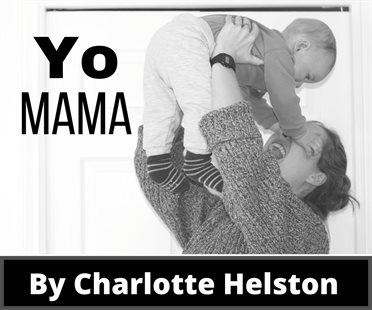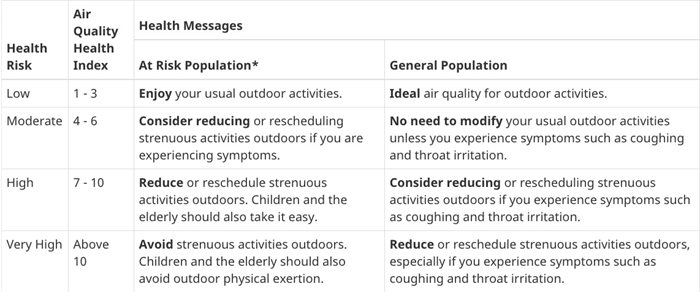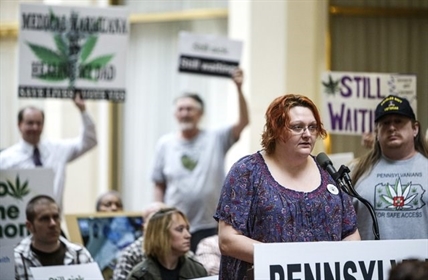YO MAMA: Deciding what’s best for our kids in the smoky season
I wake up, reach for my phone, check the Environment Canada weather app.
Then I read the special air quality statements, weather alerts and heat warnings, if there are any. My final check is the Air Quality Health Index, followed by a peek out the window to gauge how smoky it is (can I see the mountains today?) It’s the same routine pretty much every day in the summer months.
All of these things matter a lot more to me than they did a couple years ago. That’s because I am now responsible for a little person whose health is far more important to me than my own.
I have a two-year-old son. He’s the reason I get a little pang of anxiety every time I read one of those heat or air quality statements that warn “children are at higher risk of experiencing health effects.”
The unpredictable weather and air quality makes day-to-day planning difficult, but it also puts a wrench in long-term plans. The summer our son was just an infant, we canceled more than one provincial park camping trip because of an unexpected heat dome or smoky skies bulletin. We couldn’t risk our son’s health; it just wasn’t worth it.
The recommendations in these bulletins are somewhat sparse and generalized — they have to be short or no one will read them. But that also leaves them vague and open to interpretation. For instance, the smoky skies warning suggests “reducing” exposure for children and “taking breaks” indoors. Does that mean two hours of outside play is safe? Thirty minutes? I understand that it’s all relative to the severity of the air pollution, but it does make it difficult to decide how long is too long outside. Add to that the fact that the only air quality monitoring station in the North Okanagan is in Vernon and it’s hard to know just how bad the air in our own community actually is.
Determining how much outdoor time is acceptable for my family on any given summer day is a decision I truly hate making. It’s hard. Harder still when our doorknob-adept two-year-old is already sprinting out the door, no shoes, no sunscreen, no awareness of the fine particulates hovering in the air.
Our health is the most important thing, but that includes mental wellbeing and it’s no simple task entertaining a toddler inside all day long, potentially for many days on end. Add to that the different comfort levels among friends and making plans for playdates only gets more complicated.
Finding quality information to help with the decision-making process requires a deeper dive of some of the links mentioned in those weather and air quality statements. Airhealth.ca has a variety of information, for both kids and adults. Kids get an animated video explaining that it’s OK to go outside on a “blue day” but it’s not a great idea to go out on a “brown day.”
For grown-ups, there’s a decent chart that explains the Air Quality Health Index. It’s not a totally black and white instruction manual (nothing in parenting ever is) but it does provide some straightforward messaging around the various air quality ratings.
The chart draws a clear line that when the air quality is Very High (above 10) at-risk populations, including infants and small children, should avoid outdoor physical exertion. As the mother of a toddler who won’t stand still for more than a millisecond, that’s a sign to me that we should set up some indoor playdates, pull out the Lego and collect some giant cardboard boxes. The recommendation for the 7-10 rating, on the other hand, I find annoyingly indecisive. “Reduce or reschedule strenuous outdoor activities” and saying children should “take it easy” leaves a lot up to personal interpretation and comfort levels. Being out even in “moderate” levels for any length of time with the haze hanging over you just feels icky, and leaves you wondering about potential short and long-term damage.
The addition of wildfire smoke can worsen pre-existing conditions like asthma, allergies and heart conditions. Then there are the invisible, long-term effects these smoky skies have on our babies and children. With our ever-warming climate, wildfire season is becoming longer, more intense and more dangerous to our health. There aren’t as many studies on the long-term health effects of wildfire smoke on infants and children as there are for adults, but research does indicate risks down the road for respiratory problems, developmental issues and mental health (wildfires are traumatic for us all).
Children are often more vulnerable than adults precisely because they often spend more time outdoors. They also breathe faster through smaller, more sensitive lungs that are still growing and developing.
This column has mostly been about air quality, but where there is smoke, there is usually heat too.
Healthlinkbc.ca says infants and children up to four years of age “who rely on adults to make sure their environments are comfortable and provide them with enough fluids” are especially vulnerable to developing heat-related illness. The website has some good reminders about where people typically fall victim to heat-related illness (indoors, not outdoors) and suggests regularly checking on children for signs of heat-related illness, especially in the evenings when indoor temperatures are highest.
As a parent, it sure makes you appreciate the Goldilocks days of summer: not too hot, not too smoky.
It’s a reminder to seize the day when the air is clear, to head out to the beach or the local park and embrace all that “strenuous outdoor activity” that’s off limits during smoky spells. We can’t control the weather, and we can’t control the smoke. All we can do is make the best decisions possible with the information available, keep on carrying on, and try not to get too stressed out about it — because that probably has an effect on our kids too.
— Charlotte Helston gave birth to her first child, a rambunctious little boy, in the spring of 2021. Yo Mama is her weekly reflection on the wild, exhilarating, beautiful, messy, awe-inspiring journey of parenthood.
We welcome your comments and opinions on our stories but play nice. We won't censor or delete comments unless they contain off-topic statements or links, unnecessary vulgarity, false facts, spam or obviously fake profiles. If you have any concerns about what you see in comments, email the editor.












